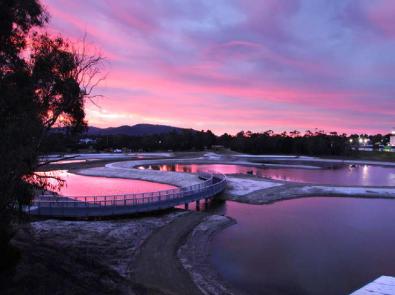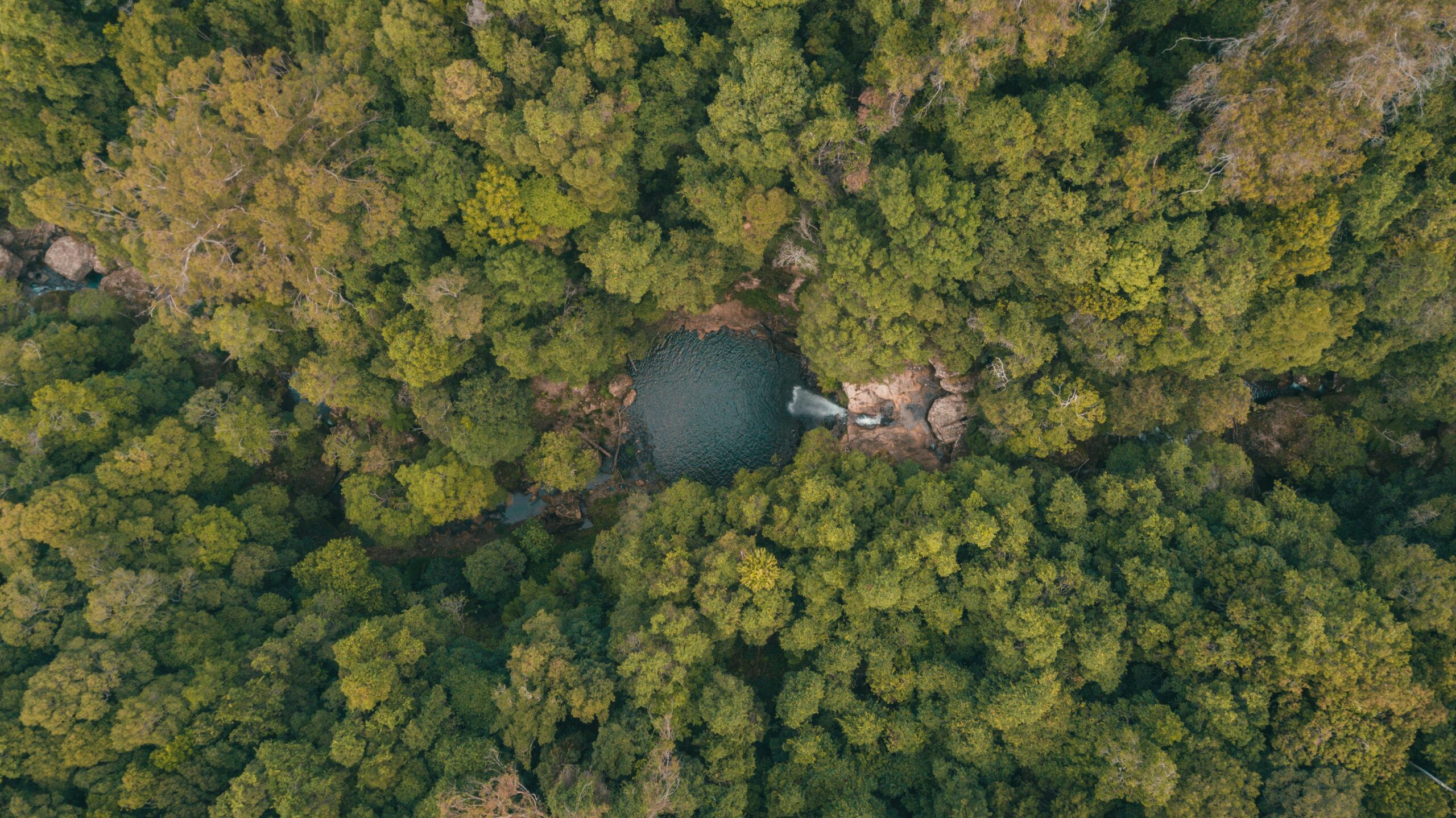Water Sharing plan Evaluation Framework and Monitoring plans
Alluvium developed a risk-based framework and tool for DPIE – Water to prioritise and guide monitoring, evaluation, and reporting of NSW Water Sharing Plans—supporting smarter, more inclusive, and effective water management across the state.

In NSW, Water Sharing Plans (WSPs) ensure sustainable water use by balancing environmental, cultural, and economic needs. They establish rules for water allocation across town water supply, industry, irrigation, cultural use, and environmental protection. However, competing demands often make WSPs contentious.
The NSW Department of Planning, Industry and Environment – Water (DPIE – Water) oversees 59 active WSPs, each reviewed every 10 years. Evaluating plan performance is complex, requiring significant resources.
In 2020, DPIE – Water engaged Alluvium to develop a framework and tool to prioritise and guide WSP monitoring, evaluation, and reporting (MER). The project focused on:
- Developing prioritisation criteria for WSP review.
- Designing a framework to rank WSPs based on risk and significance.
- Creating a tool to operationalise this approach for future use.
The framework addressed gaps in the existing MER system, integrating social, Indigenous, and ecological data. This initiative helps ensure effective, risk-based water management for NSW’s surface and groundwater resources.


